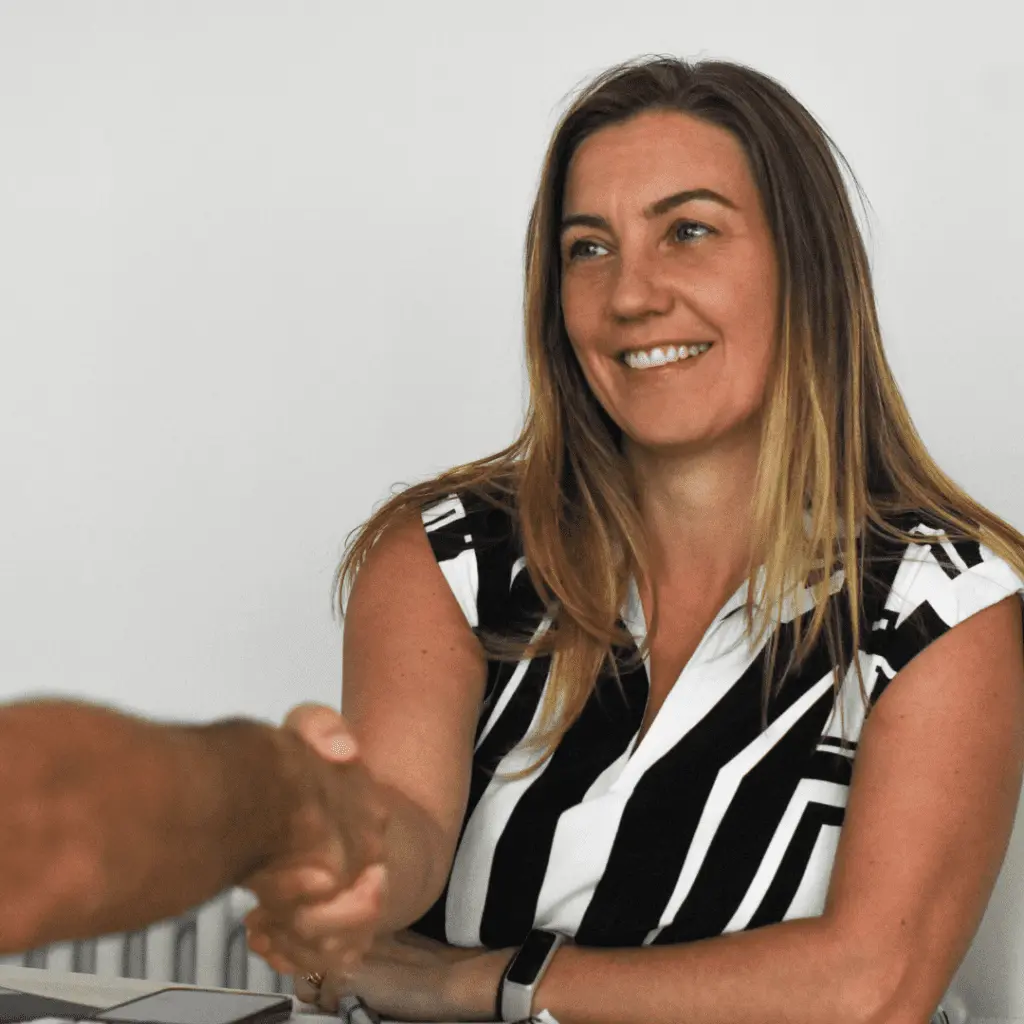Adverse Credit
Every situation is unique. Having bad credit looks different for different people. For some it may be a small blip where for others the issues are larger.
We love what we do.
Adverse Credit Guide
- Can you still get a mortgage with bad credit?
- What documents do I need for a bad credit mortgage?
- What is the lowest credit score allowed for a mortgage?
- Who is the best mortgage lender for bad credit?
- How can I build my credit fast?
Yes, you can. You may find due to your bad credit that there are additional steps required of you from the lender, to enable them to feel comfortable providing you with a mortgage when you’ve had bad credit in the past, but this does not mean that it’s impossible for you.
We have had great success in helping people with bad credit to secure mortgages and buy the new dream home or remortgage their existing home, it’s just a matter of fully understanding your circumstances and matching you with the right lenders.
If you have had significant issues with your credit you pose a higher risk of not making your mortgage payments, which would mean the mortgage lender has to go through the cost and process of repossessing the property. The bigger risk you pose, the more equity or deposit the lender likes you to have, so the mortgage is smaller and easier to recover if they have to sell the house on repossession.
Depending on your individual circumstances, it may be that you need to be able to provide a larger deposit or that the lender needs additional explanations and documentation to be able to help you, we can advise you on what you need.
For a tailored one-to-one personal consultation, please call us or complete the contact form.
Generally the documents that are needed are: proof of ID, Proof of address, three months payslips and three months bank statements. With bad credit the lenders often ask for P60’s, they may need to see payment statements to prove your more recent history on your current mortgage/loans, if you are in a DMP (debt management plan) or IVA they may need to see paperwork regarding this, and most importantly they are likely to want you to help them to understand why you have had issues previously. Generally this is a short paragraph explaining why you fell behind with payments, why you feel now is the right time to apply for new finance and why you won’t miss their payments if they agree to lend you the money. For a full list and understanding click here for a more detailed breakdown. The documents you need to provide ultimately will depend on your personal circumstances.
Most mortgage companies do not work based purely on score. Many have their own internal scoring rules to decide if they will lend.
The score you see on your credit report is a way that credit reference agencies have tried to make things easier for customers to understand their credit reports. The score allows you to easily see if your credit report is improving or getting worse. The score between different credit reference agencies can vary quite widely so you may look on one company and it looks good or fair and another may show a poor or very poor score. Because of this, we recommend check my file because it gives a good overview of three of the top UK credit reference agencies and if you haven’t used them before they offer a 30 day free trial. Click here to access your free trial.
We have access to lenders that can see past your score, and will consider your personal circumstances, and can help with the mortgage you need.
There are a number of lenders who can help even if you have had bad credit in the past. Sometimes these would be High Street names that you know and recognise and sometimes a more specialist approach is required with lenders that have more flexible underwriting criteria. We have access to a wide range of lenders that allows us to help you find your new mortgage.
There are a few things that you can do to improve your credit score, and lots of online advice as to how to do this, but for mortgages many lenders look beyond your score, so don’t be concerned if you have a low score due to lack of credit.
Making sure that your name and address history are accurate on your bills is important. Especially in today’s online world where bills and bank statements could be sent by email, people forget to update these. Check your credit report to see what addresses you have your accounts registered to and ensure these are accurate.
Another good way to improve your credit score is to ensure that you are on the electoral role where possible.
Before signing up to any credit builder loans or similar savings plans, it’s worth a conversation with a mortgage advisor to see if this is even necessary. Particularly as sometimes these companies can be confused by lenders due to these companies offering both credit building facilities and payday loans.
Yes, you can. You may find due to your bad credit that there are
additional steps required of you from the lender, to enable them to feel
comfortable providing you with a mortgage when you’ve had bad credit in the
past, but this does not mean that it’s impossible for you.
We have had great success in helping people with bad credit to
secure mortgages and buy the new dream home or remortgage their existing home,
it’s just a matter of fully understanding your circumstances and matching you
with the right lenders.
If you have had significant issues with your credit you pose a
higher risk of not making your mortgage payments, which would mean the mortgage
lender has to go through the cost and process of repossessing the property. The
bigger risk you pose, the more equity or deposit the lender likes you to have,
so the mortgage is smaller and easier to recover if they have to sell the house
on repossession.
Depending on your individual circumstances, it may be that you
need to be able to provide a larger deposit or that the lender needs additional
explanations and documentation to be able to help you, we can advise you on
what you need.
For a tailored one-to-one personal consultation, please call us
or complete the contact form.
Generally the documents that are needed are: proof of ID, Proof of address, three months payslips and three months bank statements. With bad credit the lenders often ask for P60’s, they may need to see payment statements to prove your more recent history on your current mortgage/loans, if you are in a DMP (debt management plan) or IVA they may need to see paperwork regarding this, and most importantly they are likely to want you to help them to understand why you have had issues previously. Generally this is a short paragraph explaining why you fell behind with payments, why you feel now is the right time to apply for new finance and why you won’t miss their payments if they agree to lend you the money. For a full list and understanding click here for a more detailed breakdown. The documents you need to provide ultimately will depend on your personal circumstances.
Most mortgage companies do not work based purely on score. Many have their own internal scoring rules to decide if they will lend.
The score you see on your credit report is a way that credit reference agencies have tried to make things easier for customers to understand their credit reports. The score allows you to easily see if your credit report is improving or getting worse. The score between different credit reference agencies can vary quite widely so you may look on one company and it looks good or fair and another may show a poor or very poor score. Because of this, we recommend check my file because it gives a good overview of three of the top UK credit reference agencies and if you haven’t used them before they offer a 30 day free trial. Click here to access your free trial.
We have access to lenders that can see past your score, and will consider your personal circumstances, and can help with the mortgage you need.
There are a number of lenders who can help even if you have had bad credit in the past. Sometimes these would be High Street names that you know and recognise and sometimes a more specialist approach is required with lenders that have more flexible underwriting criteria. We have access to a wide range of lenders that allows us to help you find your new mortgage.
There are a few things that you can do to improve your credit score, and lots of online advice as to how to do this, but for mortgages many lenders look beyond your score, so don’t be concerned if you have a low score due to lack of credit.
Making sure that your name and address history are accurate on your bills is important. Especially in today’s online world where bills and bank statements could be sent by email, people forget to update these. Check your credit report to see what addresses you have your accounts registered to and ensure these are accurate.
Another good way to improve your credit score is to ensure that you are on the electoral role where possible.
Before signing up to any credit builder loans or similar savings plans, it’s worth a conversation with a mortgage advisor to see if this is even necessary. Particularly as sometimes these companies can be confused by lenders due to these companies offering both credit building facilities and payday loans.
Lenders can often be frustrating and unhelpful in these situations in a ‘computer says no’ kind of way. They tend to have internal scoring that they carry out, which changes regularly and which they do not always provide details on. Sometimes you don’t know there’s an issue until your bank says “no”.


Other times our clients have been through difficult times, and finances became too difficult. There are so many reasons that our clients may have had issues with their credit in the past – it could be a relationship breakdown, illness, bereavement , job loss or redundancy.
Here we want to help you to make the next steps into leaving that situation in the past and moving forwards with a brighter looking future.
FAQs
Having a default does not stop you from getting a mortgage and your default does not need to be repaid in full before you can get a mortgage.
If your default was registered over three years ago or was under £300 in value it could make things a little easier, providing there has been no new default registered in the last three months. You should have access to a lender given the right circumstances.
You may find that due to your defaults you need a larger deposit to proceed with a mortgage. If you contact us with a copy of your report we can help you to find out how much deposit is needed.
Click here for a 30 day free trial from a third-party company to check your credit score.
Please be aware that after the initial free trial, subscription fees apply, so be sure to unsubscribe to avoid charges.
Recent missed payments can cause particular difficulty in obtaining a mortgage. When a lender considers you for a mortgage, they pay particular attention to how you are currently managing your finances so recent missed payments would be a cause for concern. It’s not impossible and we have had success for clients with recent missed payments; however you need to have a good explanation for why payments were missed. Ideally the most recent three months as a minimum should have been made on time and there should be no return direct debits or missed payments, showing in your bank account in the last month.
Generally speaking, if you have had a payday loan in the last 12 months or if you have an active payday loan, this can cause difficulty in obtaining a mortgage. There are a few specialist lenders who can help but they will need a good explanation as to why the payday loan was required.
It is possible to remortgage whilst in an IVA, but only with specific lenders and circumstances, and often the remortgage will include repayment of the IVA through the equity in your home. Generally speaking, your IVA must be clear before you take out any new mortgage.
When you take out an IVA, you agree that you will not take out any unnecessary finance before the IVA is cleared completely. They may agree that a new car or car finance is necessary to enable you to get to work and back so that you can uphold your IVA agreement, but if you currently live in rented accommodation or with a family member, the IVA company is unlikely to agree that it is necessary for you to enter into a mortgage agreement before they are paid in full.
Yes, but be prepared to provide a much larger deposit if you have only just come out of an IVA as lenders will need additional security to approve the mortgage if you have just paid off an IVA.
Ultimately the way the mortgage lenders view it is if you have had issues with your credit you pose a more significant risk of not making your mortgage payments. This would mean the lender has to go through the cost and process of repossessing the property. The bigger risk you pose, the more investment or deposit the lender likes you to have in the home, so their mortgage is smaller and easier to recover if they have to sell the house on repossession.
When you have only recently entered into and paid off an IVA you are considered a higher risk than if your IVA was entered into a long time ago or was settled for some time. Every year that passes after your IVA is cleared reduces the amount of deposit you might need. We suggest paying the IVA in full as soon as you are able, and then start building your deposit for a house.
Depending on your individual circumstances, it may be that you need to be able to provide a larger deposit or that the lender needs additional explanations and documentation to be able to help you, we can advise you on what you need.
For a tailored one-to-one personal consultation, please call us or complete the contact form.
It is possible to get a mortgage after bankruptcy, you will need to be fully discharged generally for at least 12 months and for some lenders it will be longer than this, however each year that passes should provide extra lenders and extra chances for you to obtain a mortgage.
Ultimately the way the mortgage lenders view it is, if you have had issues with your credit you pose a more significant risk of not making your mortgage payments, which would mean the lender has to go through the cost and process of repossessing the property. The bigger risk you pose, the more investment or deposit the lender likes you to have in the home, so their mortgage is smaller and easier to recover if they have to sell the house on repossession.
Depending on your individual circumstances, it may be that you need to be able to provide a larger deposit or that the lender needs additional explanations and documentation to be able to help you, we can advise you on what you need.
For a tailored one-to-one personal consultation, please call us or complete the contact form.
No, a CCJ does not stop you from getting a mortgage and it does not necessarily need to be paid in full before you can get a mortgage.
However, you may find that due to your CCJ a larger deposit or amount of equity is required in the property. If your CCJ is satisfied (paid in full) or if your CCJ is over three years old, this will make things a little easier for you. Every situation is unique, but if you contact us, with a copy of your credit report, we can help to point you in the right direction.
Providing there has been no new CCJ registered in the last three months you should have access to a lender given the right circumstances.
Click here for a 30 day free trial from a third-party company to check your credit score.
Please be aware that after the initial free trial, subscription fees apply, so be sure to unsubscribe to avoid charges.


